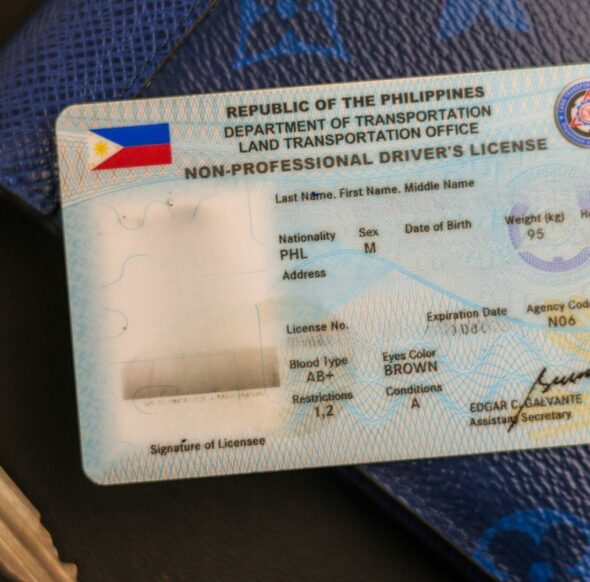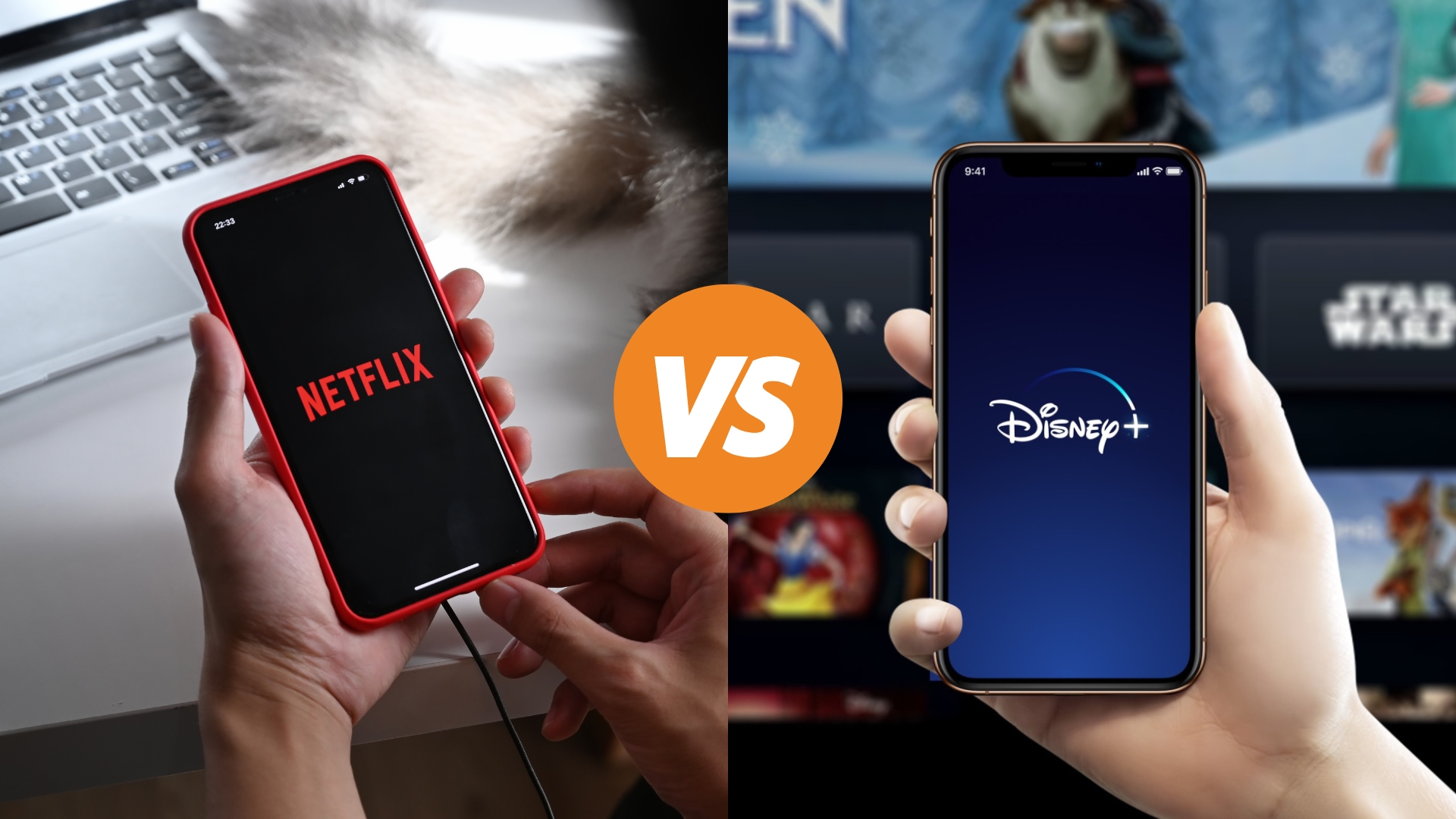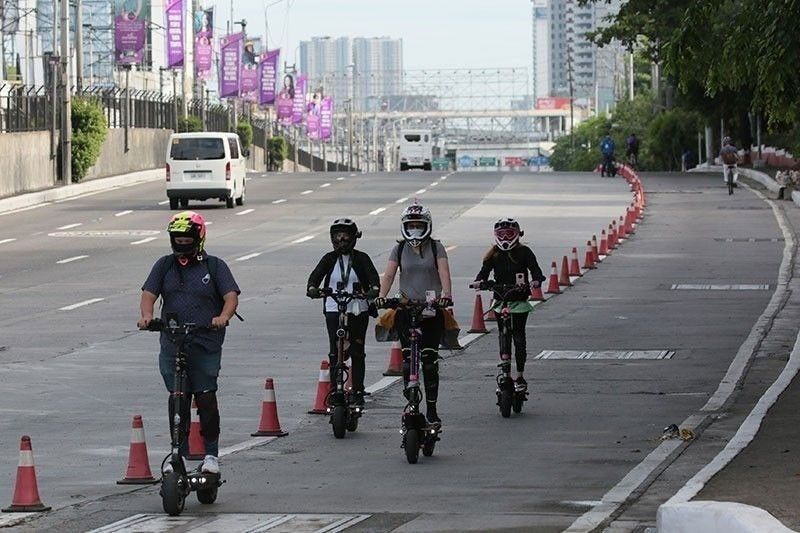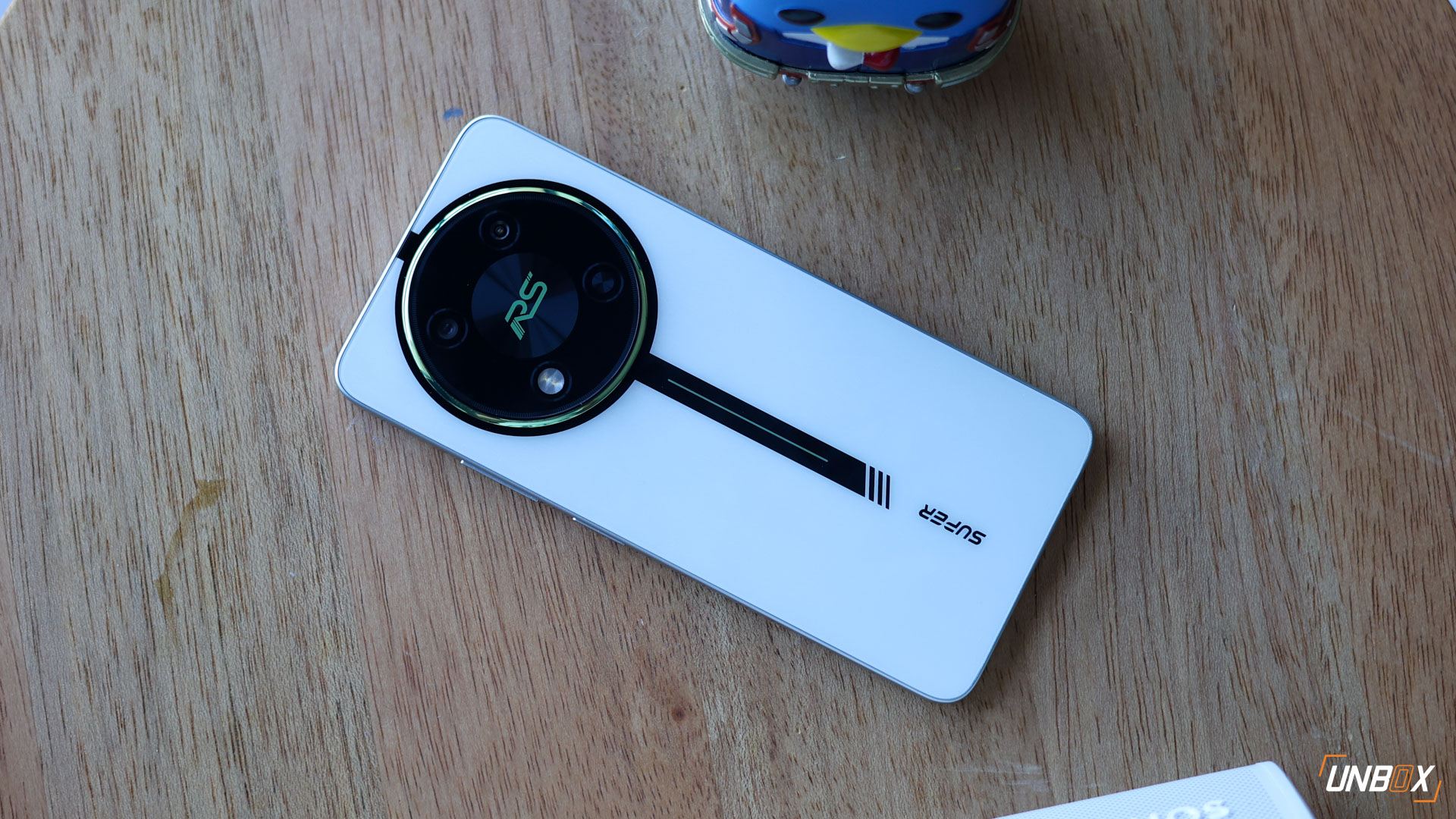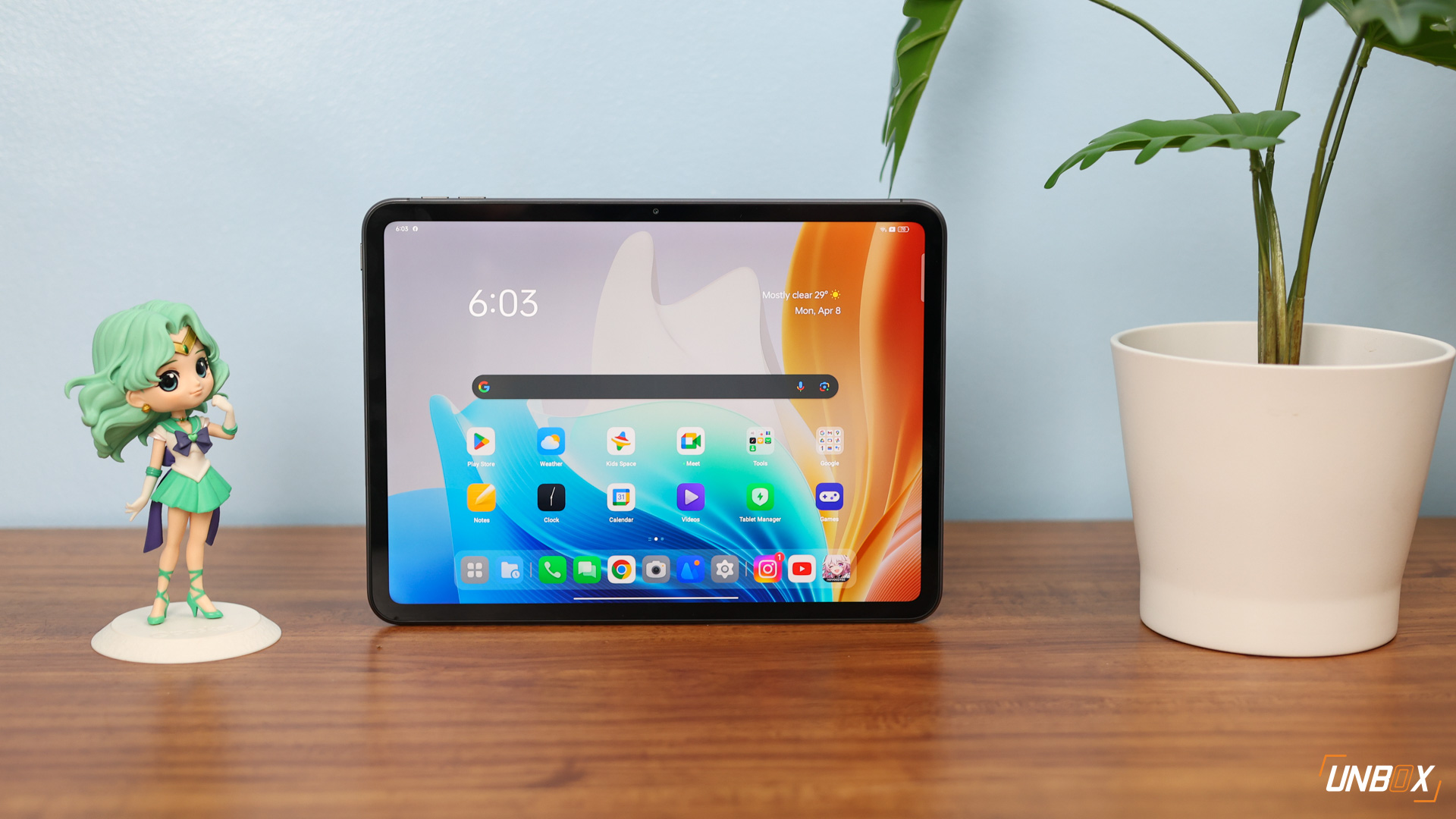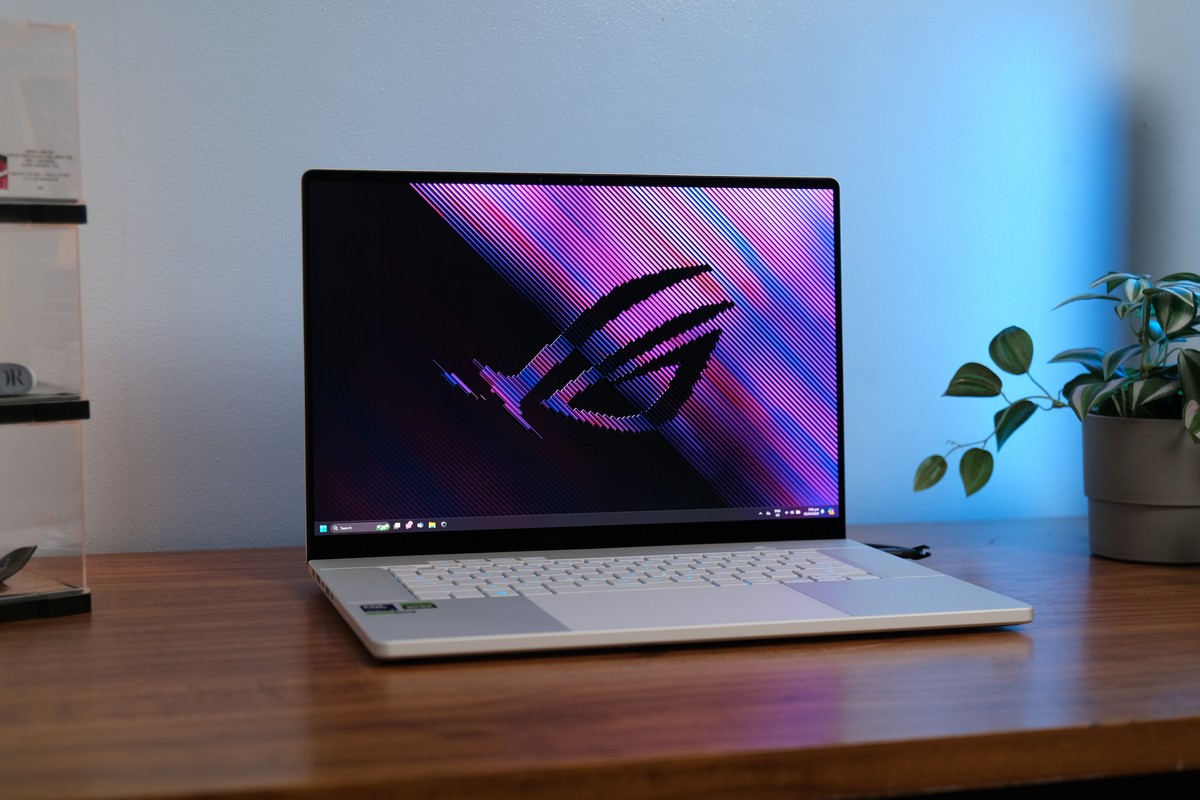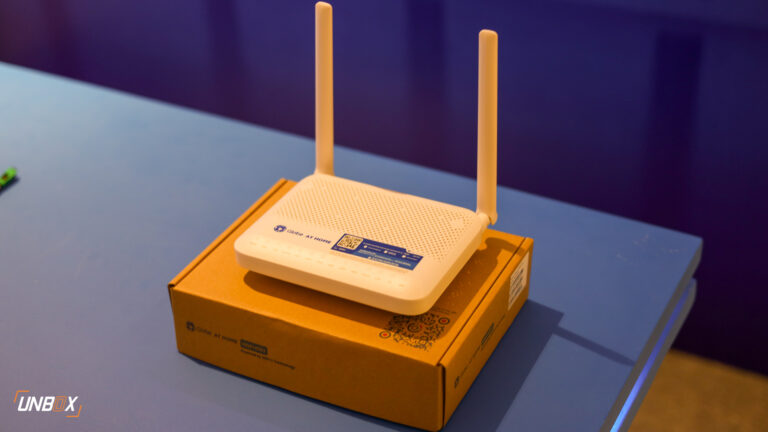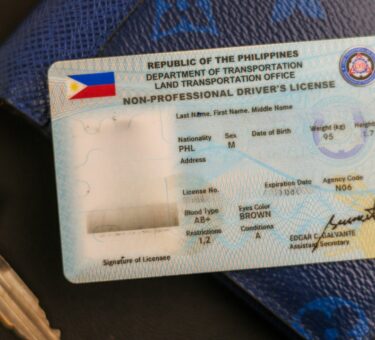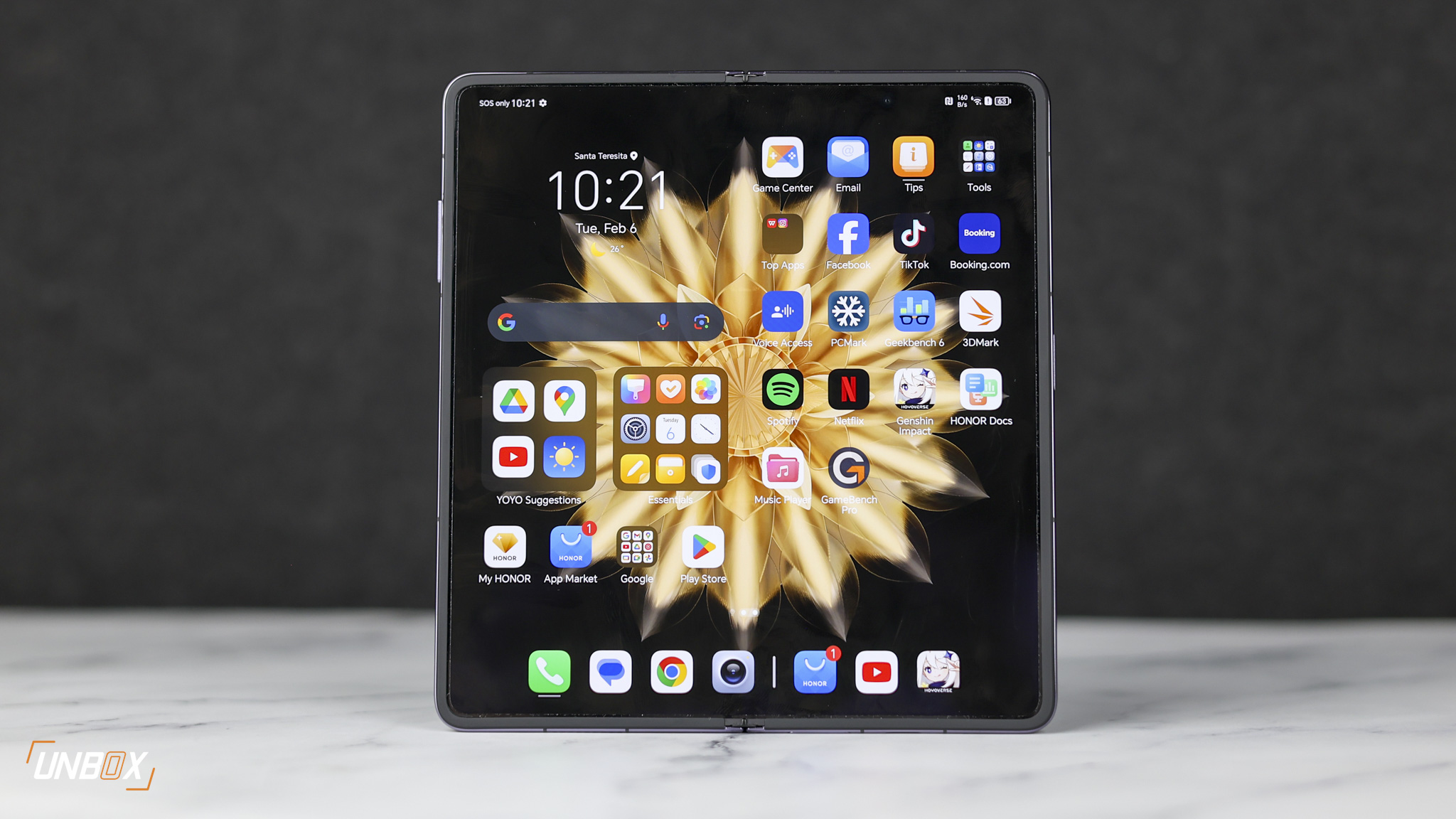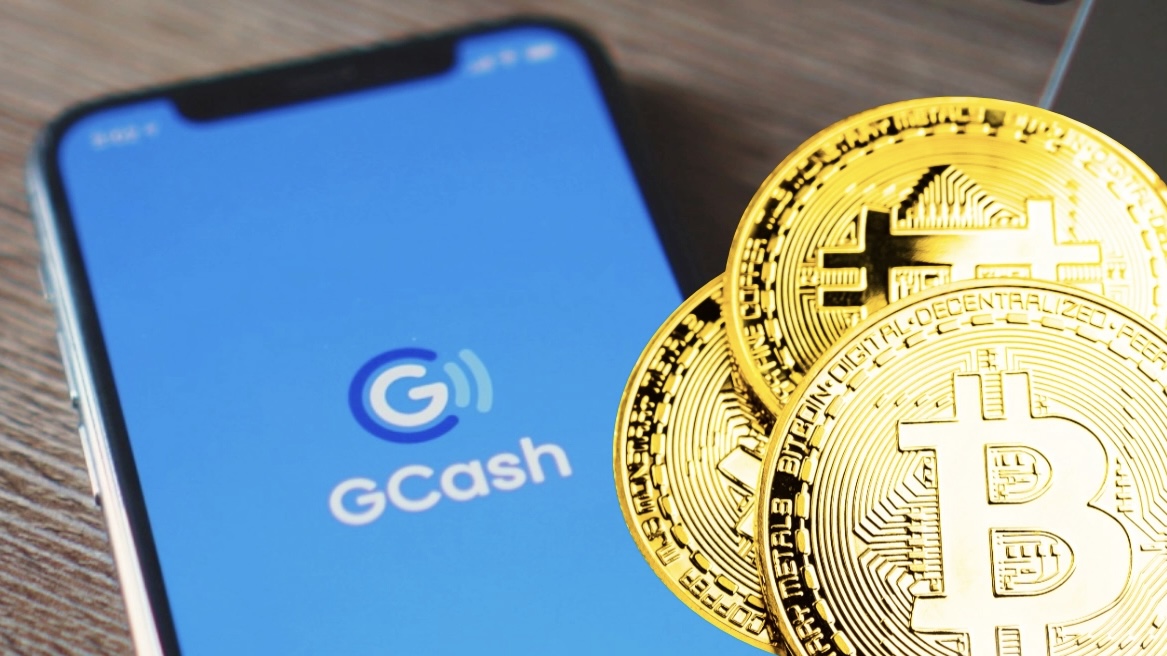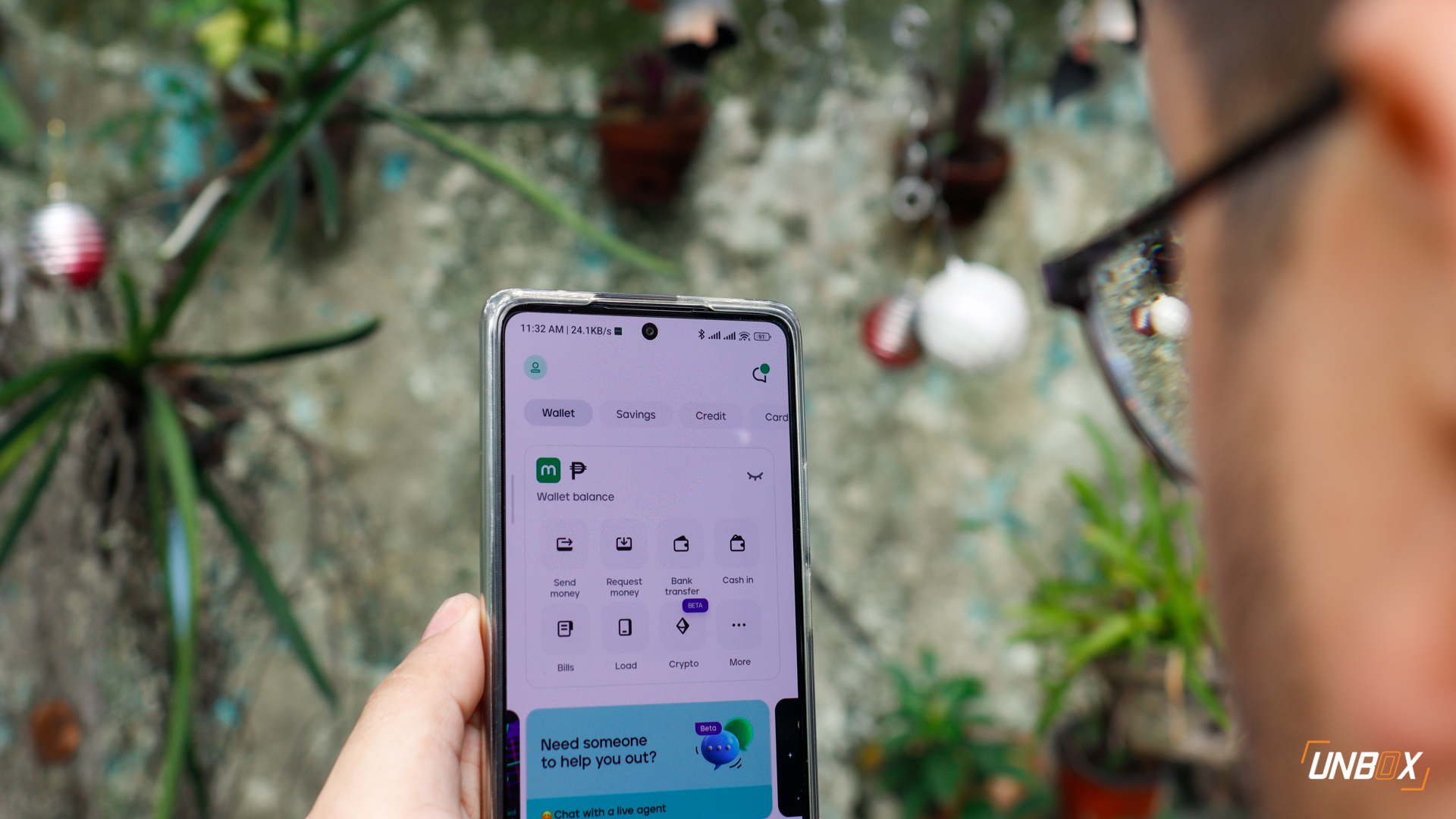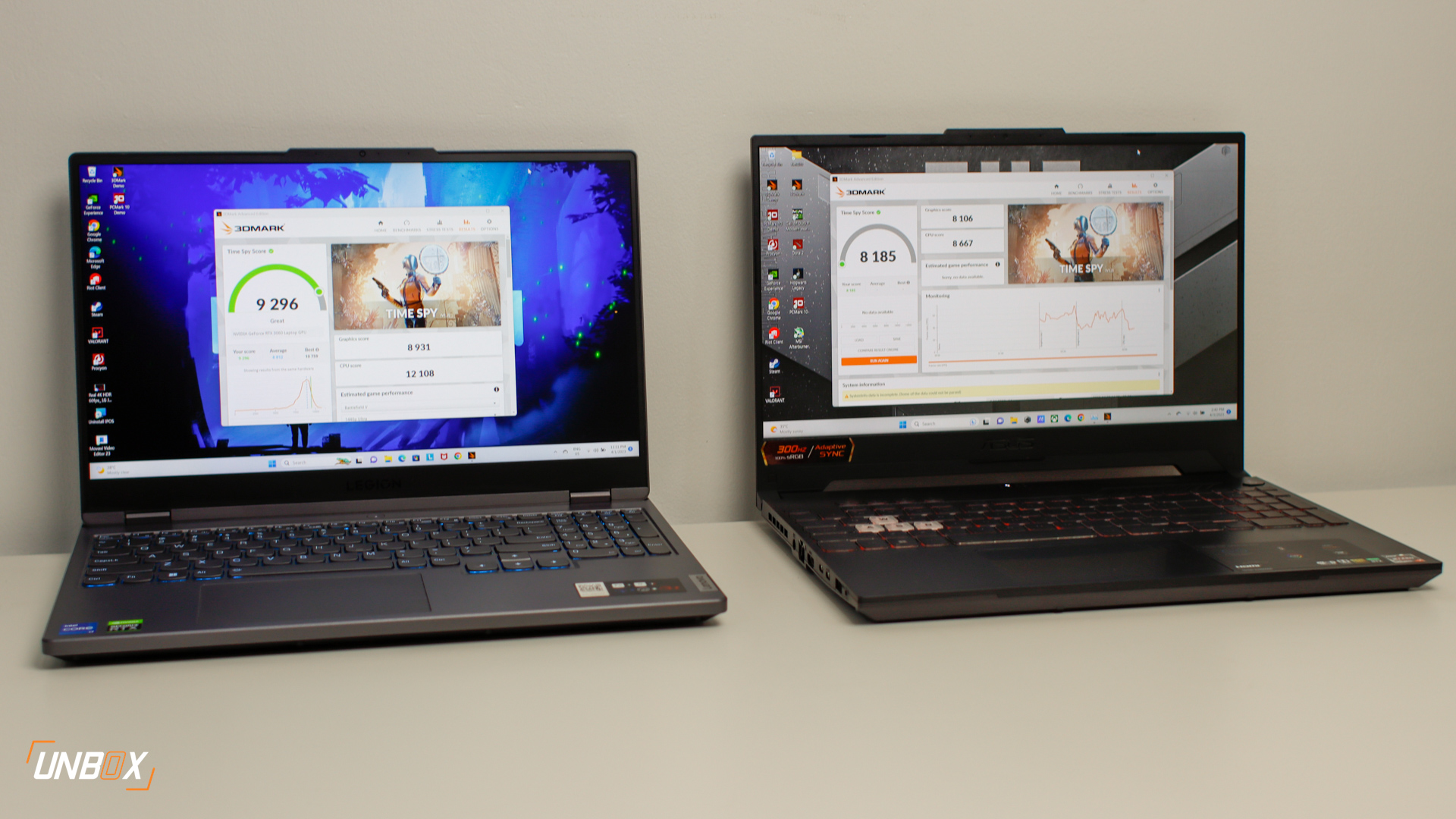
It’s pretty much a meme now on how bad Philippine internet speeds are relative to what you’re paying for. Things are getting better, but we’re still pretty behind when you look at our peers in SEA, nevermind the rest of the world.
While most people will naturally blame the duopoly of PLDT and Globe, there’s more to the problem than that. A joint report by the National Economic and Development Authority and the World Bank points to problems with outdated regulatory rules as well as bad laws as the major contributing factors to our miserable online experience.
One of the biggest problems that telcos face is the sheer number of bureaucratic hurdles and red tape they have to tackle to get the right permits to build towers and infrastructure in place. This is a long-standing issue that telcos have always complained about, and it sometimes gets so bad that there were instances where you had to get a permit to be able to get a permit to apply, like a matryoshka doll of dumb bureaucratic rules.
To be fair to the current administration, the DILG has said that it will now take less than a month from the previous 6-7 months to secure government permits to build telecommunications towers in the country. To also be extra fair, we’ve heard this before, previously from the DICT, who wanted to get these permits done in 7 days back in 2017, also at the behest of President Duterte.

The tower mess also shouldn’t just be blamed on the government either. Private property management like homeowners associations should also carry the blame as well. If you’re in an exclusive village or a condominium, applied for a Fiber line during the pandemic and then had their application refused or rejected, it’s more than likely that the limited space in the Fiber box was because your HOA rejected PLDT/Globe’s application to lay down cables or put in infrastructure in their jurisdiction. The same goes for spotty/crappy internet signal when you’re neck-deep in the urban jungle. Both telcos have been pretty aggressive in spending money to expand their capacity the past few years, but to be able to do that they need physical areas to place their stuff in. Can’t really do that when the president of your HOA blocks the installation of towers of “health concerns”, which have already been proven false by multiple, peer-reviewed studies over and over and over again.
The current Globe and PLDT duopoly isn’t doing us any favors either. Without a strong third player to light a fire under their collective butts, both companies have remained pretty complacent. More players in the market would solve that, but there’s so much government red tape to be able to become a telco in this country that very few companies ever try. Under Philippine law, a telco is considered a utility and thus requires the approval of congress for a franchise to operate. This, along with limits on foreign ownership as well as a cap of the rate of return makes it difficult for smaller companies to try their hand in the telco game in the Philippines, which has so far only made the duopoly stronger. If you look at it objectively, the Philippines is a great market to do business in, especially from the telco side if you discount the regulatory challenges. There’s plenty of people fed up by the “bad” service from the two telcos who are willing to try anything (which is the reason so many people fall for fake pages and groups masquerading as Dito Telecommunity and Telstra before) to get better service. Of course, as soon as these players get a taste of how bad these regulatory hurdles are, they tend to vamoose as quickly as they come.

In contrast, other countries only require a license from their telecommunication agency to be able to operate. Countries like Singapore, Cambodia, Indonesia, Malaysia, and Thailand do not require congressional approval to get a franchise to operate.
Old laws likewise hurt us as well. The Radio Control Law of 1931 (Act 3846 and its amendment RA 584) that was enacted 84 years ago limits the use of a radio spectrum to enfranchised telcos only. That means if you want to be a for-real telco that Congress will issue a franchise to, you have to offer voice and telephony services as well as data. The law was relevant in the past decade or so, where people still used their cellphones as well, phones. That’s no longer the case – in an age when the only text messages you get frequently is OTPs and messages from your courier from Lazada and Shoppee and the only calls you get is from bill collectors reminding you to pay your bills – asking new players to invest in a technology that’s quickly going obsolete is YET another roadblock to small players that’s hard to surpass.
So what can the government do? A lot, actually – props to the current administration on shaving the time it takes to apply for permits, and DILG Secretary Eduardo Año told the President during his live address that there shouldn’t be any issues for said permits, making the application process a lot smoother. This means that both telcos can start building more towers needed for a country that’s increasingly doing more and more things online, especially during the pandemic. Here are my other suggestions:
HOAs shouldn’t be able to deny tower applications because of “health concerns”
Cell phone towers are safe. It’s been proven time and time and time again. They do not cause a higher incidence of cancer in areas where they are installed in, nor contribute to any kind of health risks where they operate. If these towers are all built to code, and follow the correct guidelines in their creation, homeowners associations shouldn’t be able to deny their construction because of unfounded health concerns.
Stop requiring congressional approval for new players
We’re one of the few countries in the Asian region that requires lengthy congressional deliberations on who can and can’t be a telco player. Leave that function to the NTC.
Amend the obsolete The Radio Control Law of 1931
It is 2020. Very few people use telephony services nowadays. Congress should amend this law and remove the telephony requirement completely so that newer and smaller players can focus on being able to provide data services EXCLUSIVELY, without having to spend money on infrastructure that a large portion of the population won’t use anyway.




